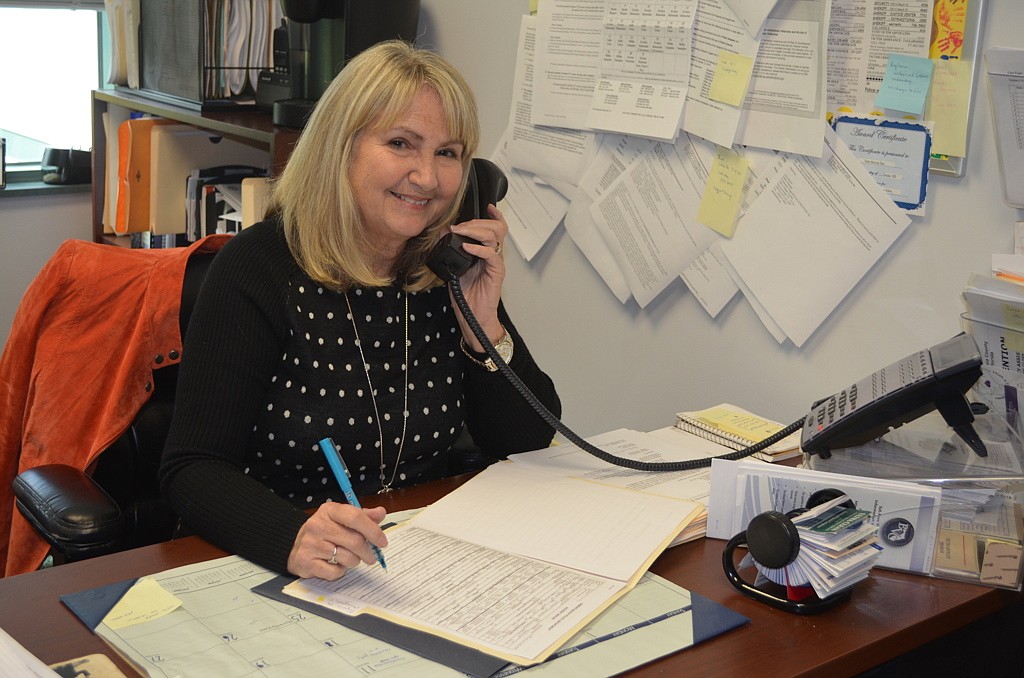- May 2, 2024
-
-
Loading

Loading

The rights of victims have increased over the past 25 years.
Crime happens suddenly. It can leave the victim shaken, and not sure where to turn for help. Are they eligible for restitution? Where can they get counseling? What’s going to happen next as the defendant is prosecuted?
Barbara Sims, victim advocate at the Ormond Beach Police Department, said she remembers one woman, a victim of a burglary, who changed her locks twice because she was so worried about being a victim a second time.
Sims’ job is to be there for the victim after the crime, to let them know their rights, responsibilities and the resources available to them.
“It’s up to the victims to make decisions,” she said. “I let them know their options.”
She acts as a liaison between the victim, the judicial system and social support services, such as the Domestic Abuse Council.
She lets them know that disabled individuals or those over 60 years of age can get compensation for a property crime. Victims who are injured may be eligible for compensation for medical costs or sometimes wage loss.
Sims said there’s a lot more thought for victims today than 25 years ago. Victims are often allowed to speak at trial, such as before sentencing, and this was not done years ago.
Part of Sims’ salary is paid by federal funds through the Crime Victims Compensation Act, which President Ronald Reagan signed into law.
Today, many, but not all, municipalities have victim advocates on staff.
In addition to having an advocate, OBPD has two volunteer chaplains.
To be a victim advocate, it’s necessary to be certified by the state of Florida as a Victim Services Practitioner. Forty hours of continued education are required every four years.
“It’s a fairly new profession,” she said. “Florida is on the leading edge of it.”
Sims has a bachelor’s degree in psychology from the Florida State University and a master’s in criminal justice from the University of Central Florida.
She said her education helps her understand why people do what they do.
In domestic abuse cases, she knows that psychological abuse can be worse than physical abuse.
“Sometimes people don’t realize they are victims of psychological abuse,” she said.
One way she helps is to let the abused person know what is necessary to get into a shelter. She can also help a person file claims for compensation or apply for an injunction for protection.
“They have to turn it in themselves but they may need help to fill it out because they are distraught and upset,” she said.
Sims also often explains the court process to victims. Sometimes they are disappointed to learn that the crime is only a misdemeanor, and the victim may not serve any jail time.
There have been rewarding experiences. She tells the story of one woman who was abused for years and started to fight back, so she was arrested and went to jail. Her child was taken away, and when she got out of jail, she became a victim again.
Now, by using available resources, the woman is supporting herself and has her child back with her.